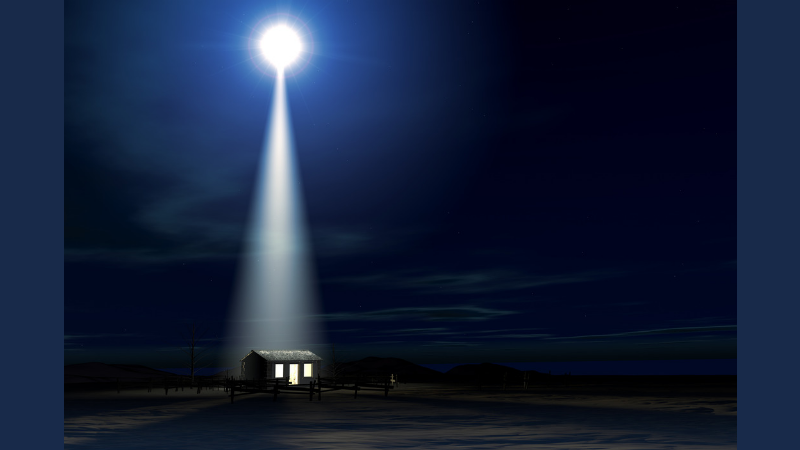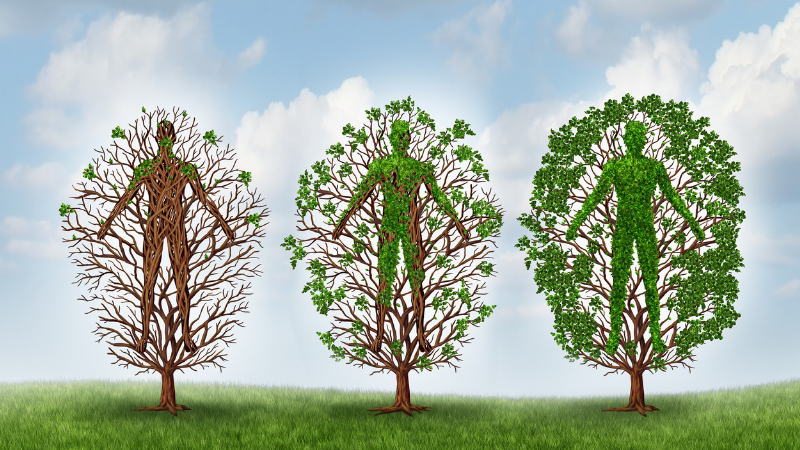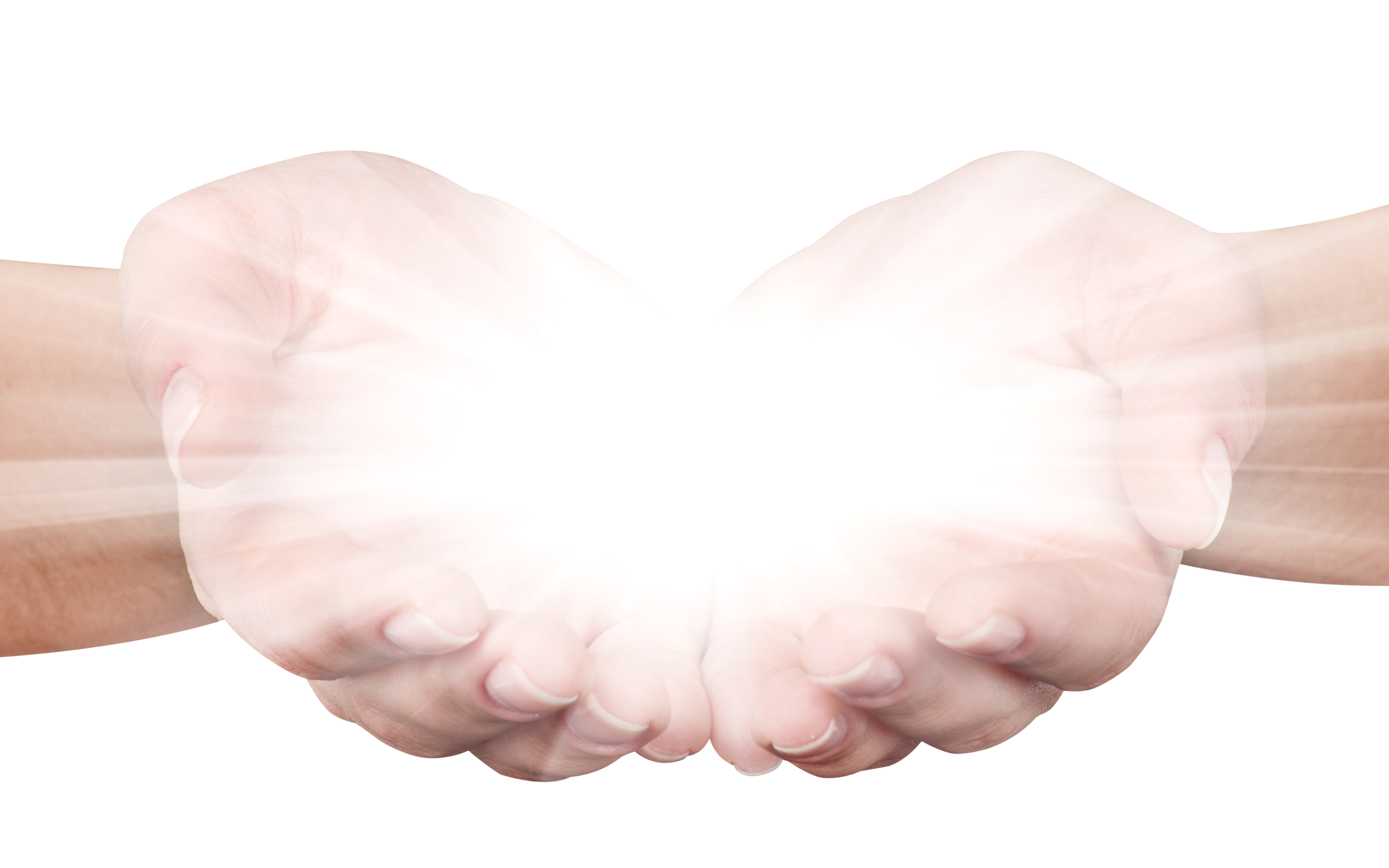My Bipolar Disorder Is a Gift
It might seem odd to you, but my bipolar disorder is a gift to me. I don’t mean that in the “learning to dance in the rain” sense either. I mean that bipolar disorder enriches my life and gives me options I don’t think I would otherwise have.
Yes, some symptoms are frustrating. Yes, there are days I curse my diagnosis. But on balance, I see my bipolar disorder as a gift.
When people first hear that I have bipolar disorder, they often aren’t sure how to react. Should they be sorry for me? Should they distance themselves from the crazy? Should they accept it like any other fact and simply move on?
Most people opt for the last option by default, though many also clearly distance themselves from me. I get the fear.
Most only know of bipolar disorder through movies or friends-of-friends stories. “My poor friend, Judy. Her son has bipolar disorder, and it’s been absolute hell for them to try to help him.”
Unfortunately, most people are only familiar with the extreme version of bipolar disorder. The person who is unemployable, the homeless, the addicts, the ones who repeatedly end up in the psychiatric ward after yet another suicide attempt.
Like all illnesses, bipolar disorder falls on a spectrum. Unlike many other illnesses, we can learn skills and develop tools that help us manage our symptoms and have a stable, independent, and fulfilling life. When we do so, we unlock the many ways that bipolar disorder is a gift.
I have Bipolar Type 2, which means my disorder falls on the milder end of the spectrum. I grew up with an intact, middle-class family, and, while there is significant trauma in our family history, the guidance I received from my family, my teachers, and my community helped me develop the coping skills necessary to avoid addiction and lead a reasonably productive life.
I recognize that these are advantages that most people who share my diagnosis don’t have. Most people with bipolar disorder have chaotic home lives and unstable relationships.
We can learn skills and develop tools that help us manage our symptoms and have a stable, independent, and fulfilling life.
Even with this advantage, however, bipolar disorder has still impacted my life quite negatively. It’s led me into severely traumatic experiences, caused me much hardship, and caused me to reboot my life many times.
Yet — my bipolar disorder is a gift in four key ways.
Four Ways My Bipolar Disorder Is a Gfit
- I developed an unusual level of empathy.
Between depressions, hypomania (a milder form of full-blown mania), and the anxiety common to those with my disorder, I can relate to people with a variety of experiences on a level that many others can’t.
I know what it means to be afraid in dark times, and even more frightened when life is going well. I know the pull of depression, the unnatural highs, and unusual spiritual experiences.
By the time I was 30, I’d already been exposed to all kinds of situations and decisions that most people don’t face in a lifetime. Unexpected pregnancies, sexual assault, sexual abuse, emotional abuse, unstable housing, poverty, and relationship abandonment are only some of the challenges I’ve experienced.
I can relate to people with a variety of experiences on a level that many others can’t.
I know what it feels like when all your choices are bad ones. I know what it means to stare hard decisions in the face and live with the consequences of them. I know what it means to live with regret and wonder about the path not taken. Sometimes, guilt isn’t about what we’ve done, but what we didn’t do.
I’ve had to learn forgiveness and compassion toward myself and have peace that I did the best that I could every time, with the information and wisdom I had on hand.
2. I had to find my own way through life.
It took longer than I wish, but even before my diagnosis, I found that my path sometimes needs to diverge from the conventional wisdom.
I can’t have credit cards. I can’t have a job mired in routine. I need creative outlets, although not necessarily artistic ones.
I am known in my family for not caring what other people think about me. That’s not true; their opinions and perceptions of me do matter. But, I’ve also learned that I can’t hold on to those perceptions too closely. When I try to live by someone else’s standards, I feel stifled and hopeless, and those feelings turn into acts of rebellion.
Those acts of rebellion? Yeah, they rarely turn out well for me.
An unconsciously-developed coping skill, I am more comfortable in my differentness than most people I know. Now, through therapy and hard work, I appreciate that my seemingly-bizarre choices are ways I honor who I am, and that makes it even easier to step outside of cultural norms.
When I try to live by someone else’s standards, I feel stifled and hopeless, and those feelings turn into acts of rebellion.
Even better, I now know that I don’t fit into the standard definition of “normal.” I am normal for someone with bipolar disorder; changing my standard of measurement also comforts me.
3. I have unusual bursts of creativity and energy that I can harness for good.
Even as a teen, I would get bursts of energy that would keep me up all night as I was driven to clean my room or use my excess energy. (Fortunately, I defaulted toward using this energy positively most of the time.) Ideas flowed easily, and new projects were started.
Prior to my diagnosis, I was unable to harness this state. Abandoned projects and brilliant ideas litter my past. People commented on some of the uncommon ways my mind works, how I’m able to draw lines between unrelated ideas and find something new.
I am more comfortable in my differentness than most people I know.
What I know now is that these moments happen during my hypomanic cycles, which makes them somewhat predictable. I prepare for these cycles in two ways, so that I get the best my elevated mood state offers.
First, I keep a list of evaluated projects that I have determined are good priorities for me, and these get my attention and focus. I use the elevated mood to help me launch new projects/offerings, or tackle projects that otherwise feel overwhelming.
The productivity I have in these cycles is incredible. I can usually accomplish in a week what would typically take me several months.
I’ve gained so much from my disorder that I don’t want to imagine life without it.
Second, I have a place that I capture new ideas that bubble up and threaten to distract me. I’ve learned that documenting this list (which includes a brief sketch/exploration of the concept) calms my compulsiveness. The idea will get my attention, just not right now.
It’s amazing how much peace that little list brings me. My hypomania used to be the cycle that terrified me most; it was when I imploded my life in pursuit of the next big thing. No longer.
4. I’ve developed a strong social network.
I can’t manage my symptoms in isolation. Strong personal relationships help me weather my lows and contain my highs.
To be candid, this is not a natural result of my disorder. I’ve had to learn to develop friendships and grow intimacy intentionally. Of all the coping mechanisms I’ve developed, this is both the most difficult and the most rewarding.
I know “healthy” people who struggle to meet new people and only have superficial relationships. I’m ahead of the game on this one, and it took bipolar disorder to get me there.
My Blessings Compensate for the Challenges — And Then Some
These are the four most significant ways bipolar disorder is a gift to me. Honestly, they compensate handily for the challenges of my negative symptoms. I’ve traveled to places I otherwise would avoid, met an extensive variety of people outside my cultural upbringing, and I have stories and experiences others will never have.
Having bipolar disorder isn’t easy, and it isn’t always fun. Even so, were I offered the chance to start over as a neurotypical person, I would turn down the opportunity. I’ve gained so much from my disorder that I don’t want to imagine life without it.
I’ve determined that my bipolar disorder is gift to me. When you think about your disorder, are there any gifts hiding in it for you?
Looking for daily inspiration and community? Join our warm and supportive Facebook group!









